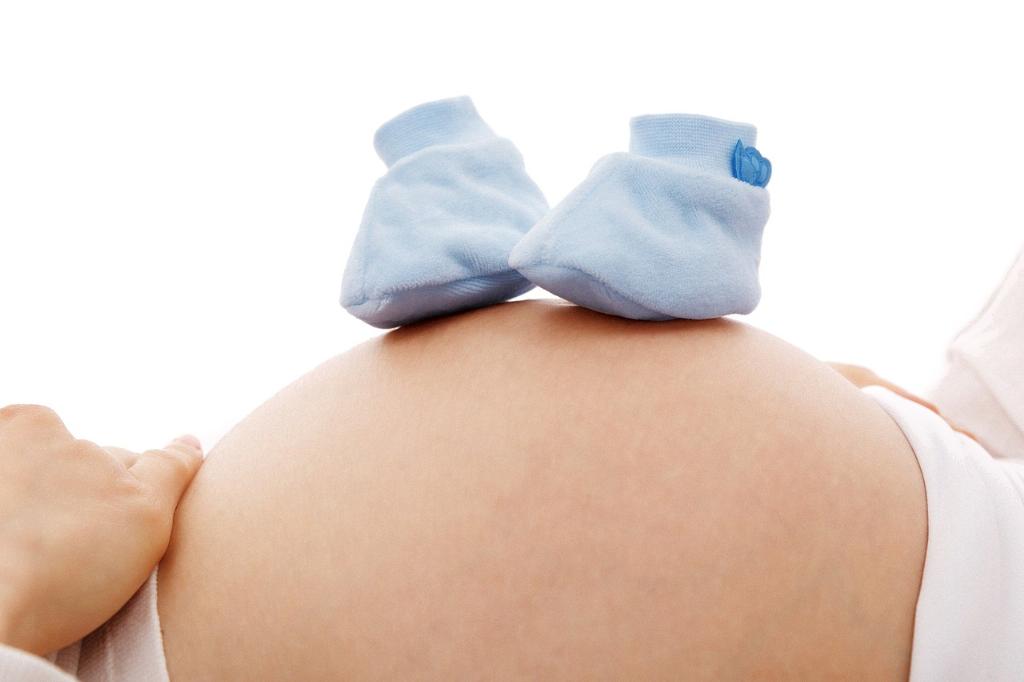When it comes to enjoying a delicious slice of pizza during pregnancy, it’s essential to be mindful of the toppings you choose. Certain toppings can pose potential risks to both you and your unborn baby. To ensure a safe and healthy pregnancy, it’s crucial to avoid certain types of pizza toppings that may harbor harmful bacteria or substances.
One of the key toppings to steer clear of when pregnant is moldy cheese. Moldy cheese, such as blue cheese, can contain mold spores that may lead to food poisoning or other complications during pregnancy. It’s best to opt for fresh, non-moldy cheese options when enjoying pizza to minimize any potential health risks.
In addition to moldy cheese, pregnant women should avoid soft cheeses on their pizza. Soft cheeses like brie, camembert, and goat cheese can harbor harmful bacteria such as listeria, which can cause severe illness or miscarriage. To stay safe, opt for harder cheeses that are less likely to contain harmful bacteria.
Another crucial type of topping to avoid when pregnant is any unpasteurized cheese or food. Unpasteurized cheeses, such as feta or queso fresco, can contain dangerous bacteria like Listeria or E. coli, which pose significant risks to pregnant women and their developing babies. Always choose pasteurized cheese options to reduce the risk of foodborne illnesses.
Furthermore, it’s important for expectant mothers to stay away from undercooked or raw meats on their pizza. Raw meats, including toppings like pepperoni, sausage, and prosciutto, can harbor harmful bacteria like salmonella or toxoplasma gondii, which can lead to foodborne illnesses or infections. Ensure that all meat toppings on pizza are fully cooked before consumption.
Additionally, pregnant women should exercise caution when it comes to seafood toppings on pizza. Certain types of seafood, such as raw fish or high-mercury fish like tuna, should be avoided during pregnancy due to their potential negative impact on fetal development. Opt for cooked seafood options like shrimp or salmon instead.
Moreover, it’s advisable to avoid spicy toppings on pizza during pregnancy. Spicy ingredients like jalapenos or hot peppers can exacerbate heartburn or acid reflux, which are common discomforts experienced by many pregnant women. Opt for milder toppings to prevent any digestive issues.
When choosing vegetable toppings for your pizza, be cautious of raw or unwashed vegetables. Raw vegetables may harbor harmful bacteria or pesticides that can pose risks to your health and the health of your baby. Ensure that all vegetable toppings are thoroughly washed and cooked before consuming.
Furthermore, pregnant women should be mindful of high-fat or greasy toppings on pizza. Excessive consumption of high-fat foods during pregnancy can lead to weight gain or digestive issues. Limit toppings like extra cheese or oily meats to maintain a balanced and nutritious diet during this critical time.
It’s also important to avoid toppings that are high in sodium or preservatives. Excessive sodium intake during pregnancy can lead to water retention or high blood pressure, increasing the risk of complications. Opt for fresh and natural toppings to support your overall health and well-being during pregnancy.
Overall, when it comes to enjoying pizza during pregnancy, it’s essential to make informed and healthy choices about the toppings you select. By avoiding risky toppings like moldy cheese, soft cheeses, unpasteurized foods, undercooked meats, raw seafood, spicy ingredients, and high-fat or high-sodium toppings, you can safeguard your health and the health of your baby. Prioritize nutritious and safe toppings to ensure a happy and healthy pregnancy journey.

